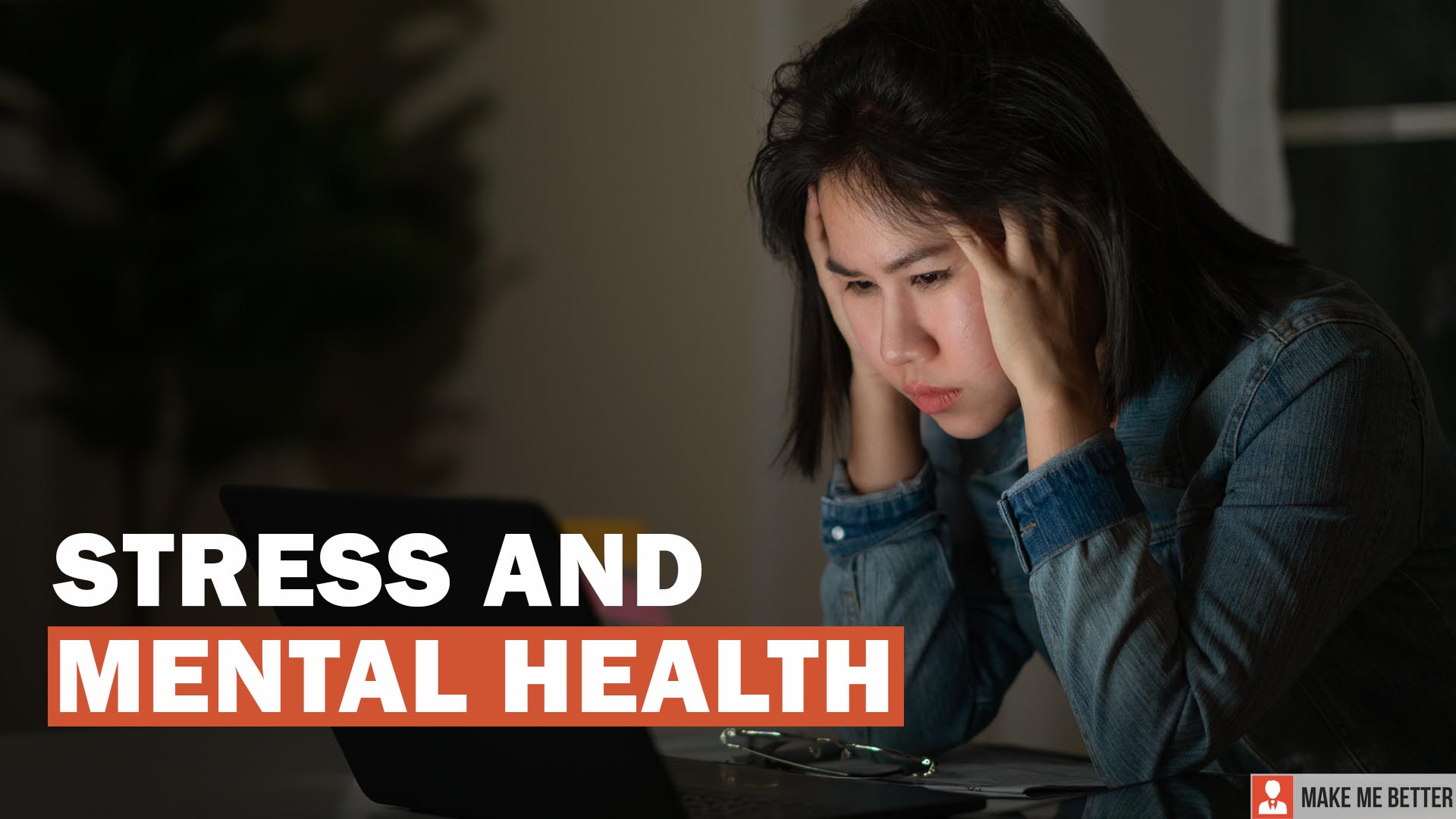Stress is an unavoidable part of life. However, too much of it can have a negative effect on our emotional and psychological well-being. Stress can harm us in unexpected ways and affect us more than we expect. Let’s look at some of the common consequences of stress.
You will be angrier (and more likely to show it)
Stress tends to make us more irritable and angrier in general. We are more likely to notice and be annoyed by small things, like traffic, a slow-moving line, or a tiny mistake.
Stress can make us feel full of frustration and also increase the chances of it exploding all over the place. Stressed people are more prone to angry outbursts that can damage their reputation, relationships, and goals.
Your sleep will be affected
A healthy sleep is one of the most essential elements of our well-being. When we sleep less or have a lower sleep quality, it will affect pretty much every aspect of our health. Stress can disrupt our sleep, leading to further stress, which can create a vicious cycle.
You will not be present in the moment
Stress is distracting. It’s likely to keep you thinking about its cause time and again. In general, stress can make it harder for you to be present and enjoy what you are doing now.
You will push yourself
When you are stressed, you might feel like you have to push yourself harder. However, you are also likely to be less efficient and more prone to bad decisions. This can make you feel that you have failed and criticize yourself harshly, which, in turn, is bad for your emotional health.
You might feel anxious
Stress contributes to anxiety, which can be quite unpleasant to experience. It can be difficult to get out of an anxious state and you might find yourself thinking about negative things over and over again.
So, now that you see the impact stress can have on you, what should you do to get it under control? There are several strategies to try out.
Identify the cause and deal with it
The first step is to consider the cause of stress. It’s important to be mindful and keep an open perspective. We need to see what is the biggest cause of stress in our lives, and after a good look, the answer could surprise us.
For instance, many people are more stressed by the commute than the work itself. Once you have the cause down, consider what you can do to minimize it. Remember that excessive stress is hurting you every day, so the effort will definitely be worth it.
Set a deadline
The second thing to do is to give yourself a deadline or plan a timeline for dealing with the issue. This can get us to act more quickly without procrastinating. Sometimes, it is also helpful to set before us a choice – either we deal with the situation or we walk away from it. Knowing that the stress won’t last forever can be very freeing.
Share and ask for help
Talking to others and asking for support can make a big difference. Sometimes, that’s all we need to do to deal with whatever is causing us stress. Beyond the help others can give us, communicating can have a relaxing and soothing effect on its own as well.
Take a break
Relaxing and walking away from a situation is important. Take breaks and schedule them for yourself. If you are very stressed, try to take a longer break. Relaxing can feel weird when there is stuff to deal with, but it is also what will help us recharge and come back ready to deal with it.
Look for activities that make you feel relaxed
It’s useful to have a go-to coping strategy that you can use when you are feeling stressed. Look for activities that help you relax, such as meditation, exercise, writing, and others. It’s important that these activities are healthy, so stay away from things like drinking or overeating, which might relieve stress on the short-term, but end up being more harmful.


